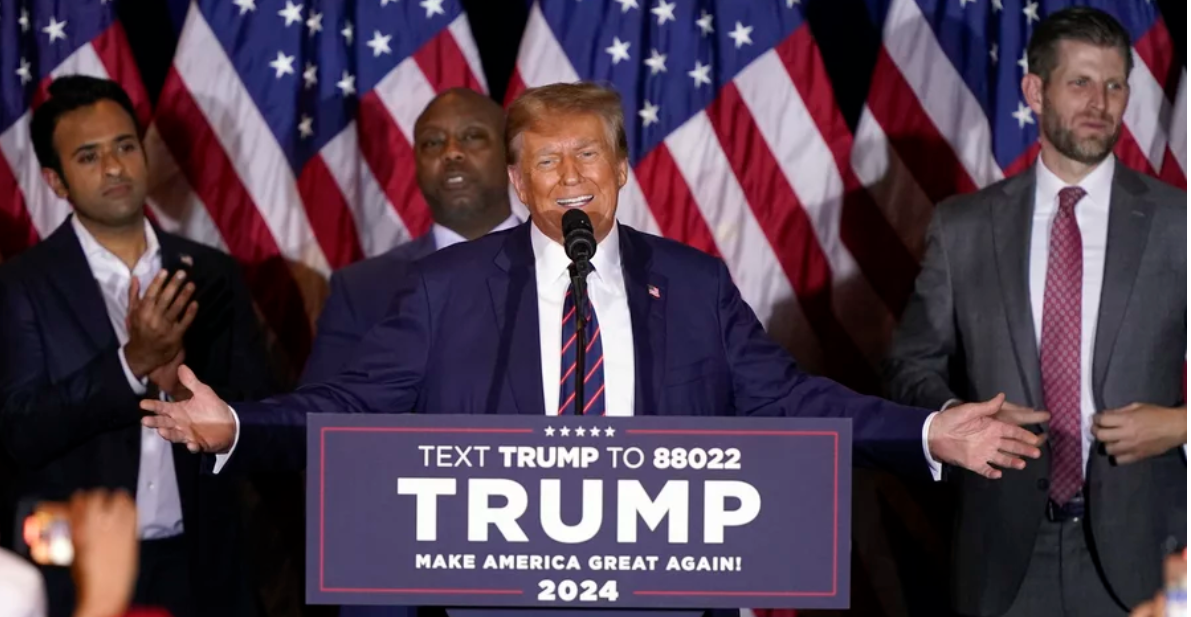According to the Financial Times article, the Adani Group increased its import payments for coal to benefit businesses connected to its owners. The Adani Group has refuted all charges a few days prior to the report’s release.
In New Delhi: The Adani Group has recently been accused of commercial wrongdoing, according to recent reports in the international press. According to a press article, the company misrepresented the price at which it was importing coal and overcharged customers for coal-generated electricity.
The Financial Times, a UK-based website, said on Thursday that its research revealed that the Adani Group reportedly increased the price of its imported coal by up to $73 million in 30 shipments between January 2019 and August 2021.
The FT said that the export value of these 30 cargoes, which totaled $139 million, was $139 million when they departed Indonesian soil. Nevertheless, it was apparently listed as having an import value of $215 million when it arrived in India, which was 52% more expensive than the initial price.
Nevertheless, the FT research found that corporations who were supposedly hidden stockholders in the Adani Group instead benefited from the over-invoiced coal, not the Adani Group directly.
The planned FT story, according to the Adani Group‘s original statement, is an attempt to repeat “old and unfounded claims to destroy the brand and character of the Adani Group,” it said in the statement. The research, according to the statement, was purposefully made public at the same time as a Supreme Court hearing in the Adani Group’s continuing legal battle over claims of corporate wrongdoing included in a report by US short-seller Hindenburg Research.
It’s a really old case. In a 2016 circular, the Directorate of Revenue Intelligence (DRI) stated that 40 businesses, including five Adani Group firms, were under investigation for allegedly over-billing for coal imports from Indonesia.
Later, the DRI issued Singapore and numerous other nations Letters Rogatory (requests for information given to investigative or judicial authorities in foreign countries during investigations of off-shore corporations). These letters rogatory were invalidated by the Bombay High Court in 2019 on the grounds that correct protocol was not followed when mailing them.
The investigation of the Adani Group and other businesses was essentially restarted when the Supreme Court later granted a stay of the injunction in January 2020. However, the prosecution against Knowledge Infrastructure, one of the 40 organisations listed by the DRI, was rejected by the Bombay High Court in 2019.
On the state of the other instances, no formal statement has been made.
The Adani Group noted in a statement released on Monday that the Supreme Court had “dismissed as withdrawn” DRI’s appeal against the Bombay High Court’s dismissal in January 2023, adding, “We appreciate the government’s stand not to indulge in frivolous litigation.”
The Supreme Court of India clearly decided the problem of overvaluation in coal imports in a definitive manner, according to the statement.
The FT story has once more focused attention on the alleged firm behaviour.
“The Adani Group, a politically affiliated corporation that dominates a significant portion of India’s economy, appears to have imported billions of dollars’ worth of coal at considerably over market pricing,” the Financial Times claimed.”
The statement read: “The data supports long-standing claims that Adani, the nation’s largest private coal importer, is driving up fuel prices and pushing millions of Indian consumers and businesses to pay more for electricity.”

ThePrint is expecting a response to specific inquiries it issued to the Adani Group in response to the FT’s accusations. As comments come in, this report will be updated.
Buying is cheap, selling is pricey. benefits for middlemen The FT claims that it looked at 30 coal shipments that were made between January 2019 and August 2021 and validated them using various freight data and voyage information kept by satellite data firms.
Then, in order to limit the possibility of the weights being repeated in several shipments, it chose shipments where the weight of the cargo matched exactly in both databases.
“According to Indonesian announcements, these 30 representative sailings – totalling 3.1 million tonnes – cost Indonesia $139 million, plus $3.1 million in shipping and insurance costs,” stated the Financial Times. Given that the corporation generated a profit of $73 million by the time it arrived in India—or a profit margin of 52% of the total value—and that the value disclosed to the Indian customs officials was $215 million.
Profit margins for coal trading are typically in the single digits and the industry is very competitive, according to the report.
The FT article recognises that three “middlemen” — Hai Lingos in Taipei, Taurus Commodities General Trading in Dubai, and Pan Asia Tradelink in Singapore — received the proceeds from this alleged over-invoicing rather than the Adani Group.
According to a Financial Times investigation, “Indian import data from July 2021 indicates that Adani paid a total of $4.8 bn to the three companies for coal at a substantial premium to market prices.”
The FT also cited an earlier investigation by the journalistic network Organised Crime and Corruption Reporting Project (OCCRP) from August, which claimed that Chang Chung-ling, a Taiwanese businessman and the owner of Hai Lingos, was “secretly the largest shareholder in the three Adani companies listed at the time.”





